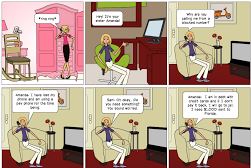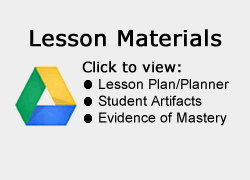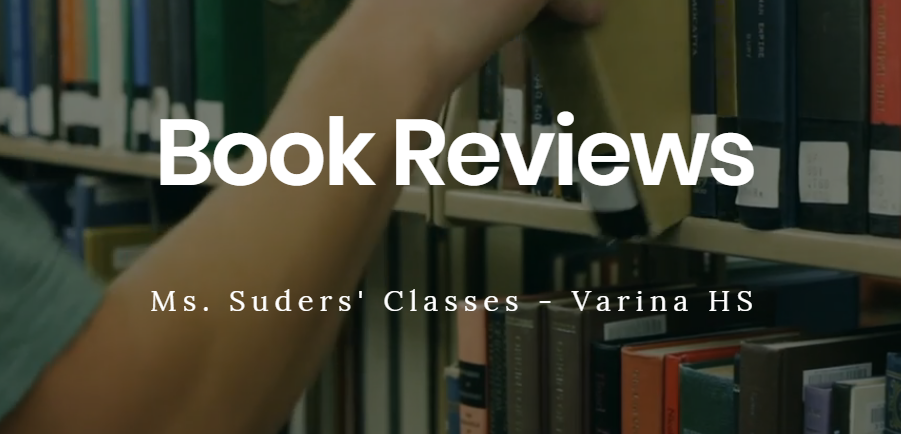This lesson is for : Grade 9,Grade 10,Grade 11,Grade 12:
Summary
Consumer fraud, scams, and identity theft are issues that can affect anyone, including high school students. As part of the Economics & Personal Finance curriculum, students learn about these threats and research ways to proactively protect themselves from falling victim. Armed with this information, students create comics to educate their peers about these risks and their preventative measures.
TIPC Ratings
Research & Information Fluency
Rating: Developing – Explanation:
- Students apply research techniques to learn about common types of fraud and scams
- Students select the most appropriate digital tools and information sources to learn about laws and policies that are designed to protect consumers
Communication & Collaboration
Rating: Not observed – Explanation:
Critical Thinking & Problem Solving
Rating: Developing – Explanation:
- Students use appropriate digital tools (including image editing applications and Pixton) to create a comic strip that depicts an example of potential fraud and an appropriate means of protecting oneself from the depicted fraudulent activity
Creativity & Innovation
Rating: Approaching – Explanation:
- Students self-select a topic or example of fraud and create a storyline and original comic strip that shows the act of fraud being committed and the appropriate measures taken to prevent the fraudulent act from being successful.
- Studying fraud is a meaningful, authentic task and students have the opportunity to share possible solutions to common fraud situations.




